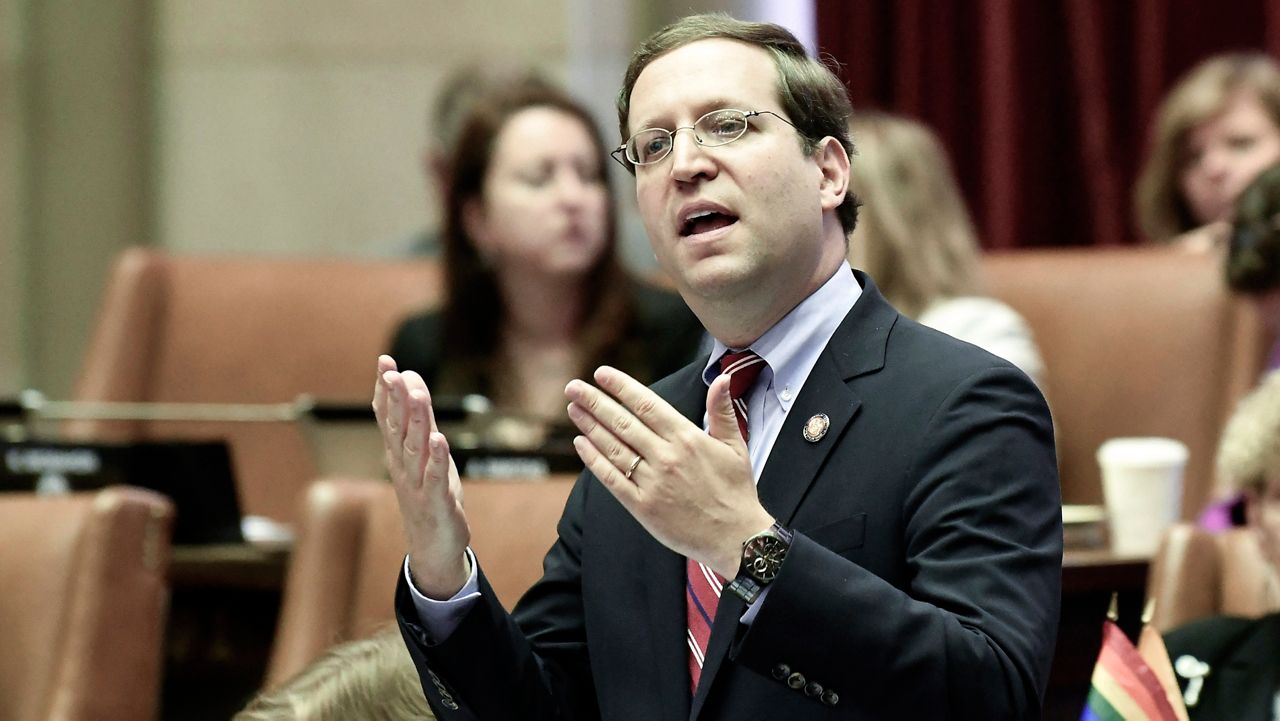Two Supreme Court rulings released Thursday opened the door to President Donald Trump's tax returns being made public, but that likely won't happen until after the November election.
And for a pair of state lawmakers who sponsored a measure approved last year allowing congressional committees to review Trump's New York tax filings, the rulings underscore why the law should be used.
“Nothing in today’s rulings prevents Congress from immediately using the TRUST Act to see President Trump’s tax returns. We must protect the rule of law," said Sen. Brad Hoylman, a Manhattan Democrat who backed the measure.
For now the congressional panels that are empowered to use the law to access the New York state tax filings of the president are yet to do so. The president has broken with the tradition of the post-Watergate era and has not released his tax returns when he first ran for president in 2016.
The court ruled in one case that Manhattan District Attorney Cy Vance can through a grand jury proceeding access Trump's tax records as part of a subpoena for the president's business and personal financial records.
In a separate case, the court returned a legal fight over congressional subpoenas to the lower courts.
“New York stands ready to assist Congress in carrying out their constitutional oversight duties," Hoylman said. The TRUST Act, which I authored and passed into law last year, would allow Congress to request the New York State taxes of certain elected officials, including the President of the United States.
Assemblyman David Buchwald, who sponsored the measure in his chamber, was disappointed in the court's decisions.
“Today’s rulings insufficiently respond to the American people’s right to learn what President Trump is hiding from us in his tax returns," he said.
"While a Manhattan grand jury might eventually see his tax returns in secret, Congress and the American people will not, certainly anytime before the crucial 2020 election. The ruling by the U.S. Supreme Court effectively stymying the ability of Congress to investigate possible wrongdoing in the Executive Branch erodes our trust in the Constitution’s checks and balances and challenges the belief that no one, not even the President, is above the law.”



